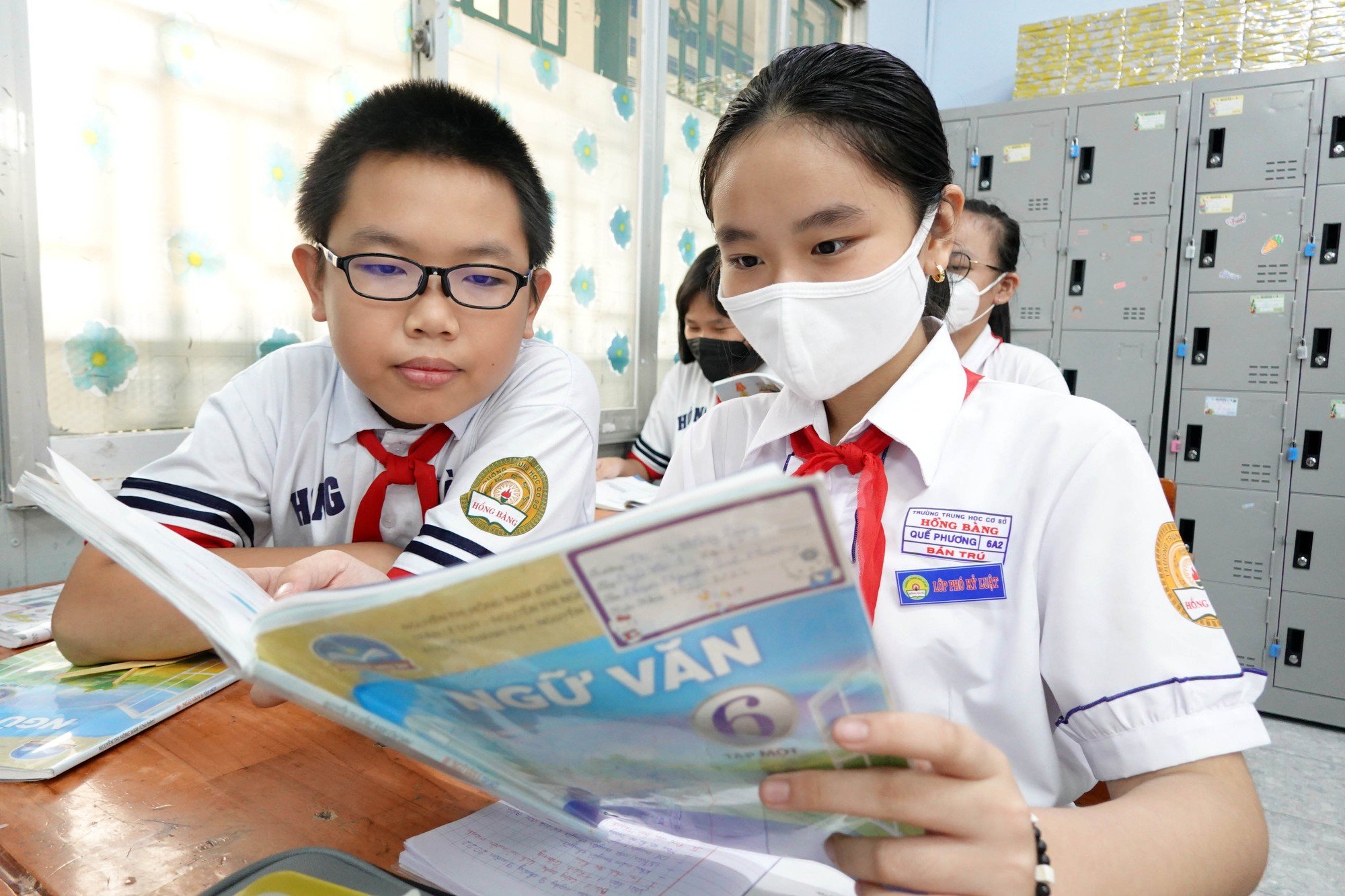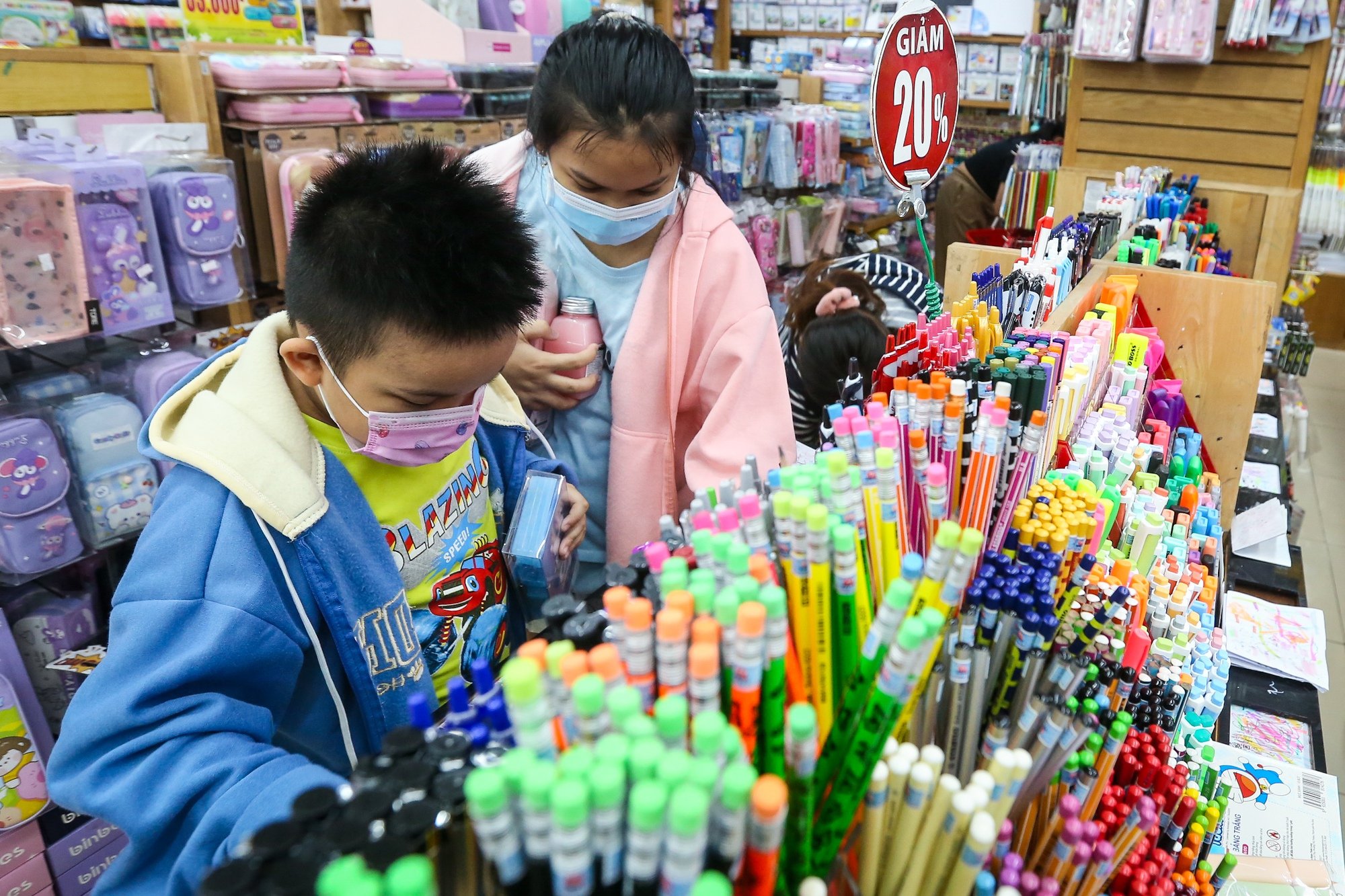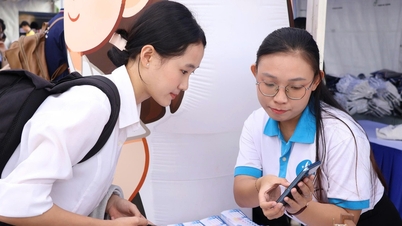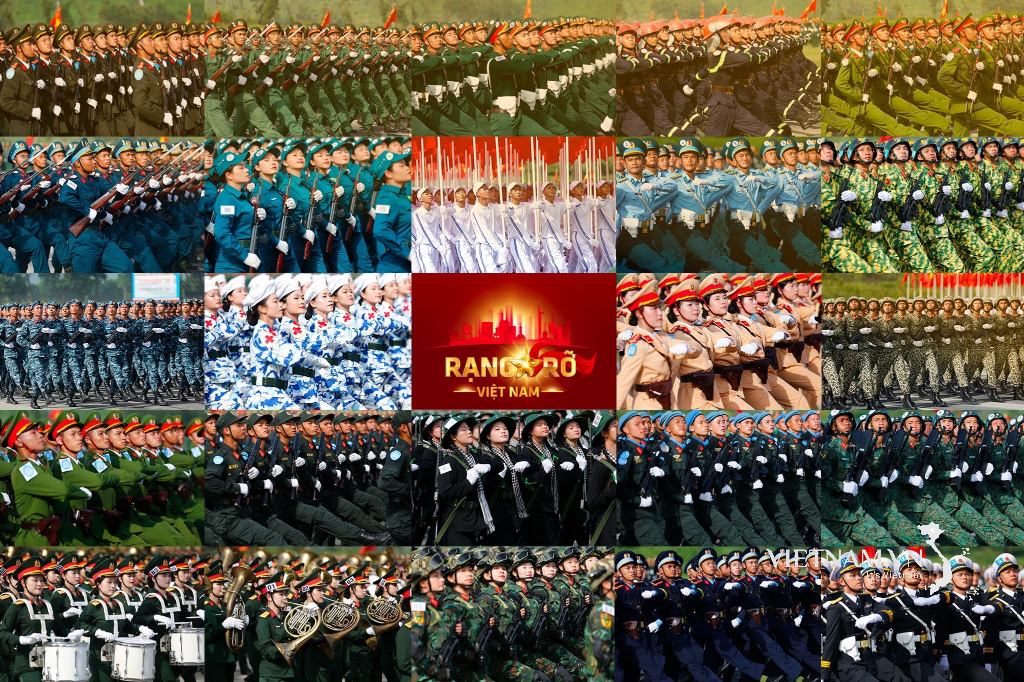To help sixth-grade students integrate and keep up with the pace of learning, adapt to the new environment, especially as they are studying the 2018 General Education program which they were not exposed to in lower grades, students and parents need to understand and learn about a number of issues.

Students transitioning from 5th to 6th grade will experience many challenges, especially when studying under the 2018 General Education Program with its many new features.
Study by subject, with each subject lasting 45 minutes.
In junior high school, each teacher teaches one subject, usually for 45 minutes per subject, except for Literature and Mathematics, which have double periods of 90 minutes each. After each lesson, they move on to the next subject. Therefore, students must concentrate fully to listen, absorb, and master the knowledge in each lesson and subject; otherwise, it will affect the next lesson and the subject immediately following .
Many new subjects, new ways of learning.
The 2023-2024 school year marks the third year of implementing the 2018 General Education Program for grades 4, 8, and 11, in addition to grades 6, 7, and 10. New grade 6 students (formerly grade 5 students following the 2006 program) will inevitably feel a bit overwhelmed as they approach new subjects such as natural science , history and geography, local education content, and art.
With the new curriculum and teaching methods that promote students' competencies and qualities at the lower secondary level, the approach will differ from the hands-on teaching method at the primary level. Therefore, to learn well and adapt quickly, students need to change their learning methods. Accordingly, in each lesson, students need to focus on listening to the teacher's lecture and taking notes on the main knowledge points the teacher guides them through. The teacher is only a guide, while the students are proactive in their own learning.
New methods of testing and evaluation.
At the lower secondary level, student assessment is conducted according to Circular 22/2021/TT-BGDĐT, dated July 20, 2021. Assessment is based on comments for subjects such as physical education, arts, music , fine arts, local educational content, experiential activities, and career guidance. Assessment is a combination of comments and scores for subjects such as literature, mathematics, foreign languages, civics, natural sciences, history and geography, and information technology.
The number of tests (scoring columns) for each subject varies based on the number of class hours for each subject as stipulated, including: regular tests, periodic tests (mid-term and final exams) with at least 8 scoring columns per subject per year. Therefore, parents should remind their children to proactively study, review, and complete homework at home to achieve high scores on tests.

Going shopping for school supplies with your child for the new school year is also a way to help them gradually get used to going back to school.
Cultivating a sense of self-learning
Many parents enroll their children in extra classes during the summer, before the 6th grade curriculum, in subjects like literature, math, and English, hoping they will keep up with their peers.
According to many teachers, the 2018 General Education program ensures that the content is at a moderate level, and the learning objectives for each lesson are within the students' capabilities. Therefore, students only need to focus on learning at school and in class to meet the requirements; they don't need extra tutoring, except for those who are slow learners and need additional guidance from teachers. The most important and long-term thing is for teachers and parents to cultivate a sense of self-study in students, instilling in them the habit of reviewing what they have learned at school and completing all the assignments given by their teachers regularly.
Preparing children for school
Starting next week, students in many localities will officially return to school. Nearly three months have passed. Children have become accustomed to periods of rest and play, so their daily routines need to change now that they are returning to school.
Parents shouldn't wait until the last minute before the start of the school year to remind their children about studying. Instead, shop for school supplies together, engage in interesting conversations about learning, and evoke feelings of nostalgia for friends to reactivate habits and emotions that may have been temporarily interrupted during the summer months.
Streamline your summer schedule to gradually adapt to nine months of schooling. A busy school schedule will sweep children along with packed timetables of regular classes, extracurricular activities, talent classes, clubs, and more. The time for carefree play during the summer needs to be reduced. Children need time to adjust to the changes, and we should create opportunities for them to gradually integrate. Don't wait until the last minute; don't let them play until late the next day of school and still be unpacked with books.
The start of a new school year shouldn't begin with shouting, yelling, or scolding from parents. Discuss the school year plan clearly with your child, and agree on adjustments to their daily routine. Gradually encourage them to go to bed early so they can wake up early. Gradually reduce their screen time by limiting their usage time…
The week-long group activities before the start of the school year are very important. It's a time for teachers and students to connect, to reintegrate into the school environment after the three-month summer break, and to re-establish school routines that may have been forgotten. It's also a valuable time for parents to get an initial understanding of their children's return to school, promptly identify any signs of academic neglect or carelessness in attitude and behavior, and then work with teachers to find appropriate and positive educational solutions.
With the start of the new school year fast approaching, it's time for parents and children to get in the mood and kick off the new academic year.
Trang Hieu
Source link










































































































Comment (0)